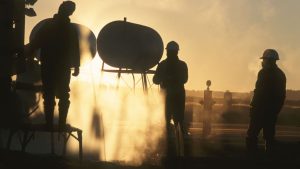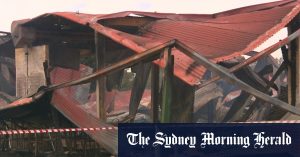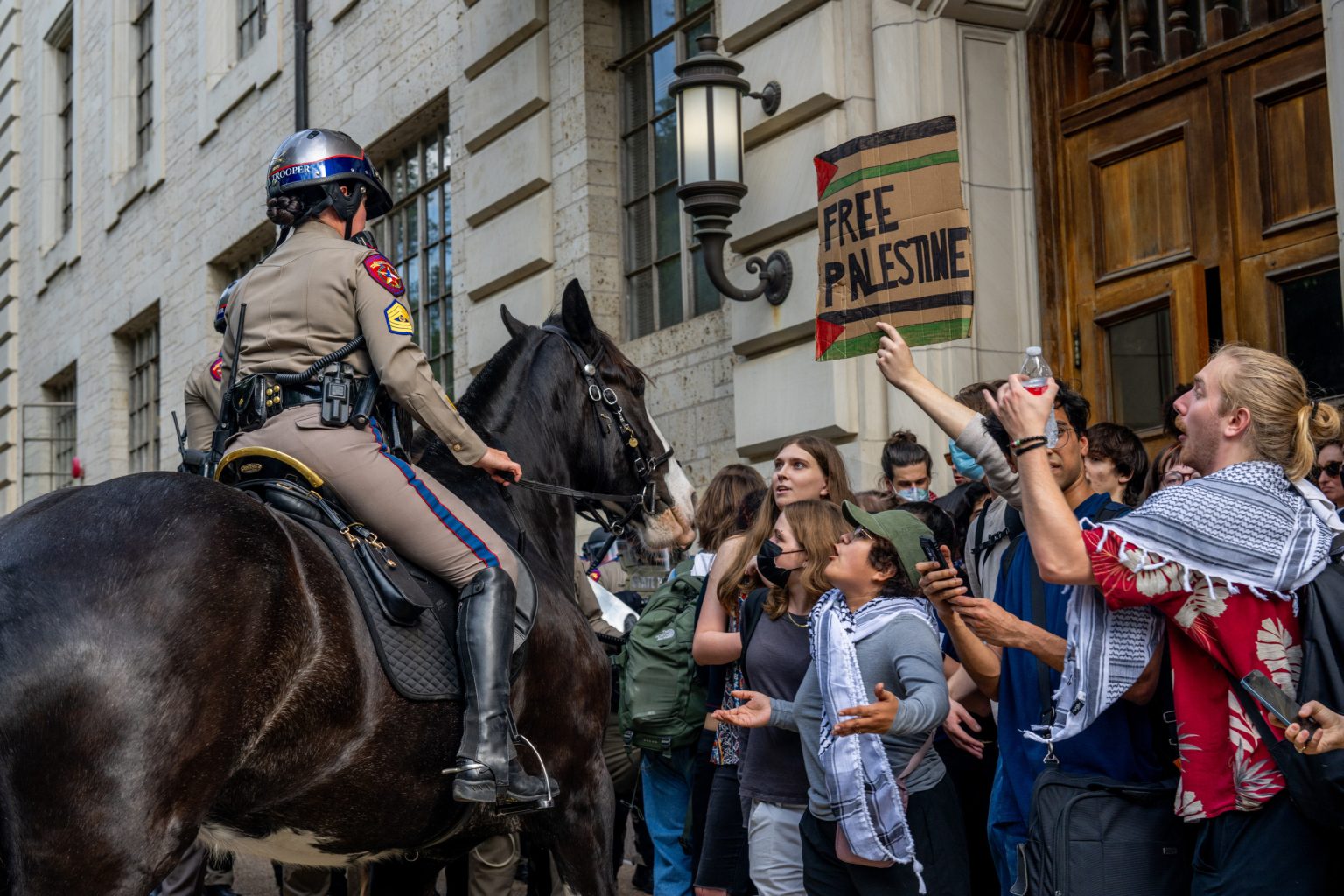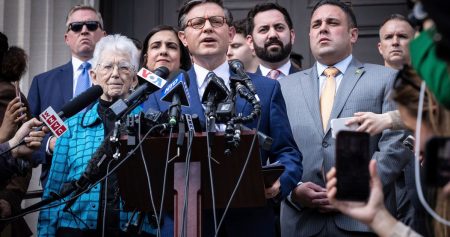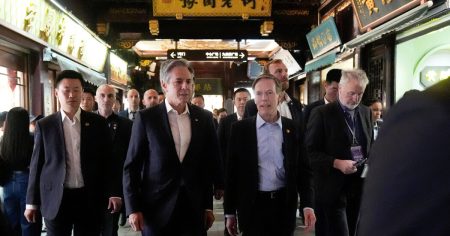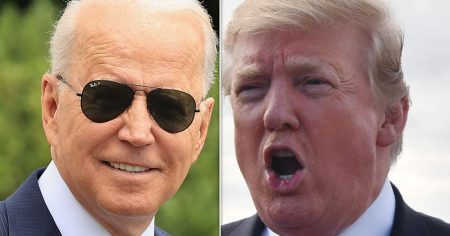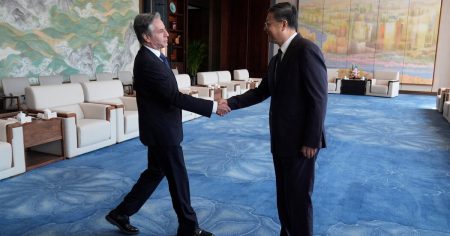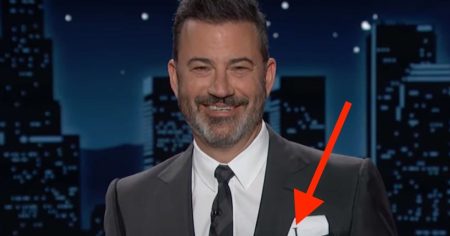At least 127 people were arrested during pro-Palestinian protests at the University of Southern California (USC) in Los Angeles and the University of Texas (UT) at Austin. The protests were sparked by the ongoing Israeli military operation in Gaza. Police at both campuses moved in to disperse the protesters after they began setting up camps on university grounds. The Los Angeles Police Department reported 93 arrests for trespassing with no injuries reported, while the Texas Department of Public Safety reported 34 arrests related to the protest at UT Austin.
Texas Governor Greg Abbott expressed his support for the police actions and condemned the protesters, stating that antisemitism will not be tolerated in Texas. He called for the expulsion of students participating in hate-filled, antisemitic protests at any public college or university in the state. The protests are a reminder of the ongoing tensions and divisions surrounding the Israeli-Palestinian conflict, with supporters on both sides expressing their perspectives through public demonstrations and rallies.
The arrests at USC and UT Austin highlight the challenges faced by law enforcement in balancing the right to protest with the need to maintain public safety and order. Campus protests have been a common occurrence in recent years, with students and activists using demonstrations to raise awareness and advocate for causes they believe in. However, clashes between protesters and police can sometimes escalate, leading to arrests and potential injuries.
The protests at USC and UT Austin also reflect the broader debate over the Israeli-Palestinian conflict and the role of the United States in the region. The conflict has long been a source of contention and controversy, with competing narratives and historical grievances fueling deep-seated divisions. Protests and rallies organized in support of either side often attract passionate participants who are willing to risk arrest in order to voice their opinions and take a stand for what they believe in.
As the story continues to develop, it is important to consider the perspectives of all parties involved and seek common ground in the search for understanding and solutions. While protests can serve as a powerful tool for advocacy and social change, they can also lead to conflicts and tensions that test the limits of free expression and public order. Finding ways to address the underlying issues and promote dialogue and cooperation is essential in moving towards a more peaceful and inclusive society. Newsweek remains committed to challenging conventional wisdom and fostering connections that bridge divides and promote mutual understanding.
